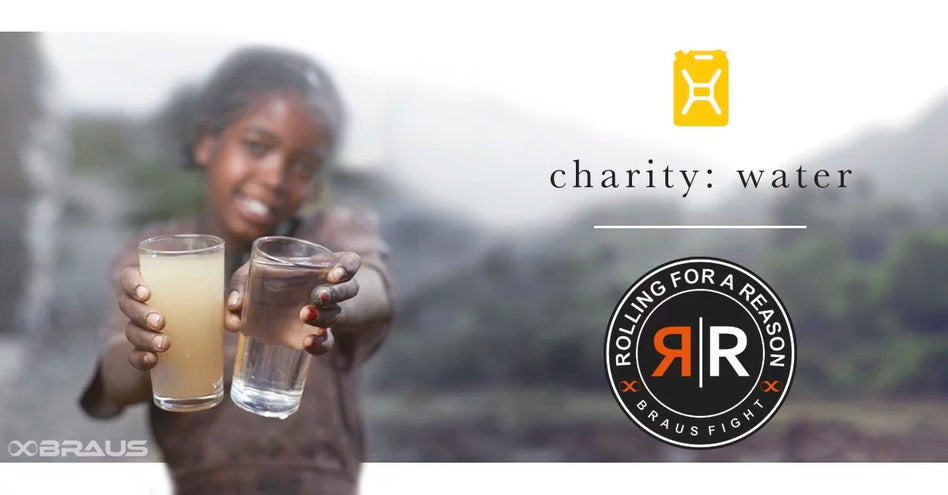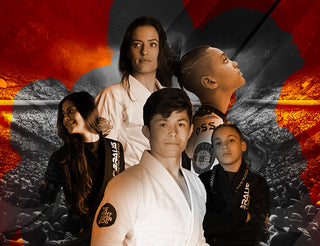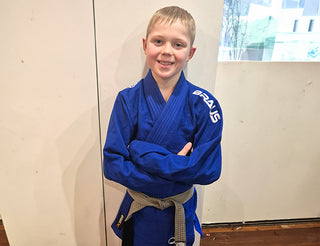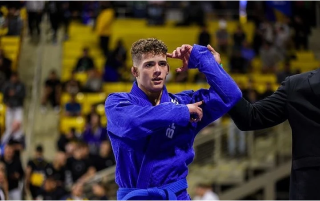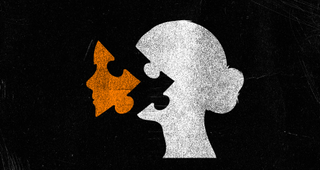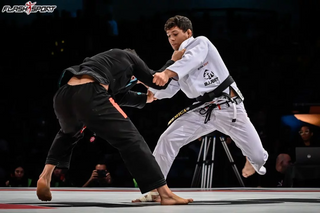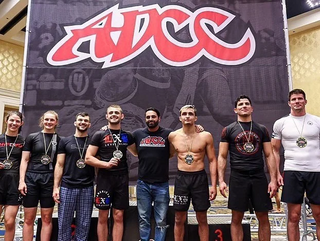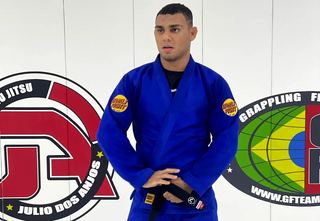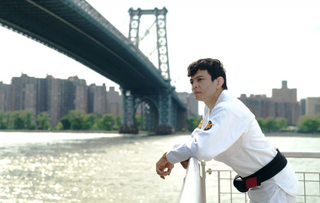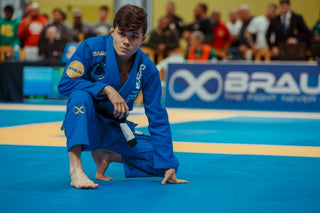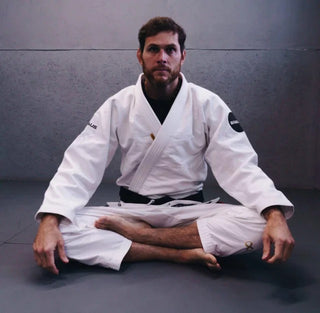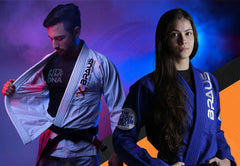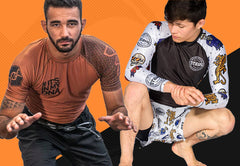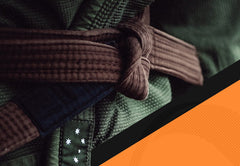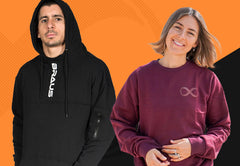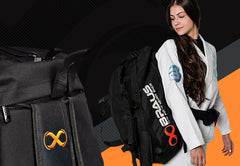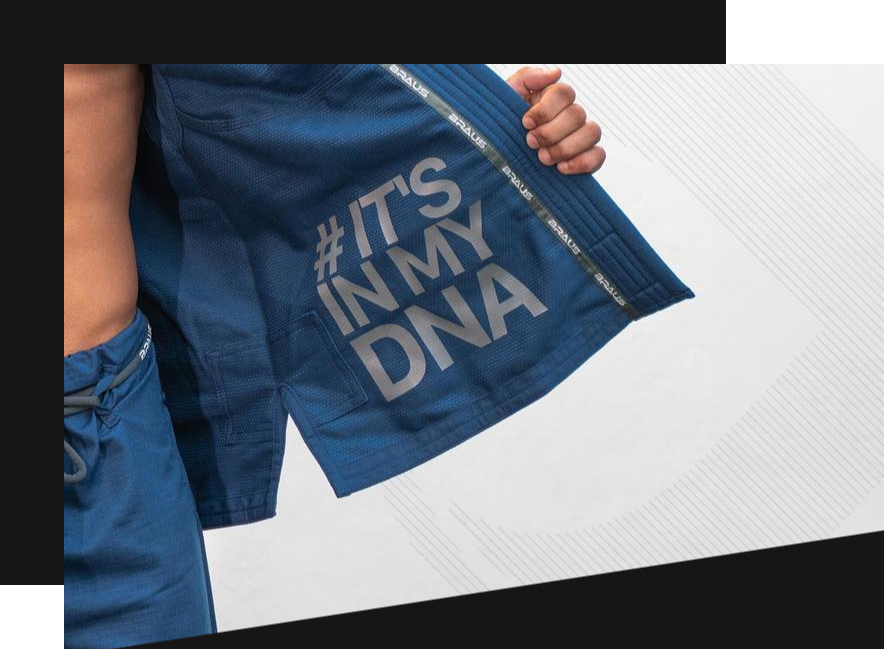ROLLING FOR A REASON was built on a foundation of compassion with an inspired vision focused purely on giving back and supporting individuals, communities and the wider world alike. R4AR was born with one purpose – to make a difference – to change lives.
We have been humbled by the collaborations we have been involved in to date which keep making this vision, to make a difference, a reality. These communities, gyms and individuals inspire us to keep going and continue supporting, wherever possible.
When we take a look at global poverty, one thing stands out. There’s one basic human need, that when met, sparks prosperity and productivity faster than any other single fix; access to clean safe water. Water changes everything. And right now, 785 million people on our planet don’t have access to clean and safe drinking water. That’s one in ten of us.
We are grateful to have had the opportunity of our most recent collaboration with one of the most innovative, game changer not-for-profits of our time. charity: water. With a mission to bring clean, safe drinking water to every single person on the planet and an operating model guaranteeing 100% of public donations go directly to the cause, deciding to contribute to this worthy cause was an easy one.
Nestled in the Himalayas between Tibet and India, lays the enchanting kingdom of Nepal.
A country rich in culture and spectacular landscapes but whose complex terrain makes safe and clean drinking water difficult and dangerous to reach.
We have chosen for our funds to support a project at the foothills of the Himalayas where systems to access safe and clean drinking water are being built to support the Nepalese community to both live and thrive.
Our world and it’s people are in dire need of so much help in so many different ways. It is overwhelming to determine where to direct our focus and support. Through this consideration process we were reminded that the most valuable part is the choice to make a difference and then acting upon it, irrelevant of the gesture or the size of the support. As the Dalai Lama so perfectly put it “If you think you are too small to make a difference, try sleeping with a mosquito.”
What a privilege and an honor we have to be able to continue on our mission, to make a difference. This is made wholly possible because of you, our beloved network and your commitment to BRAUS Fight. We Thank you for allowing us to keep our vision alive and expand it beyond our dreams. OSS.


